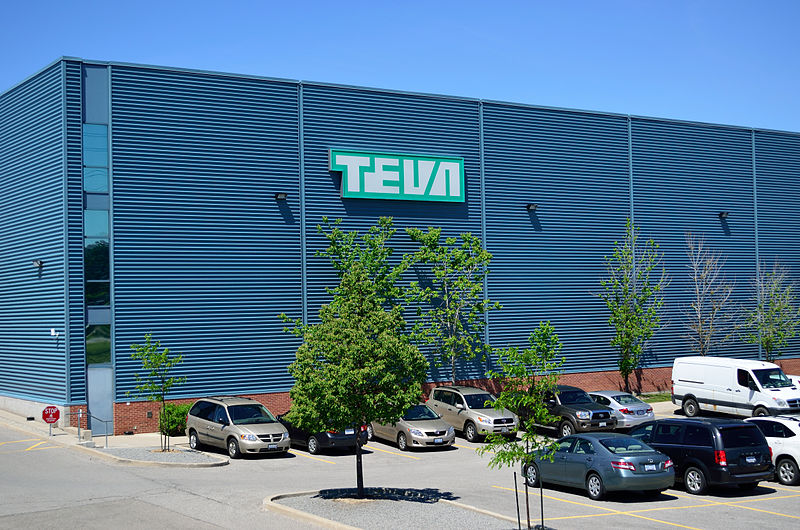Teva launches digital asthma and COPD rescue inhaler in US

Teva has launched new digital inhaler and drug combination in the US, containing built-in sensors that connect to a phone to help manage asthma and COPD symptoms.
Israel-based Teva said the system conveys information to patients, who can use the product branded as ProAir Digihaler (albuterol sulfate) for patients with asthma and chronic obstructive pulmonary disease (COPD).
Teva noted it is the first and only digital rescue inhaler indicated in patients four years or older for the treatment or prevention of bronchospasm who have reversible obstructive airway disease, and for prevention of exercise-induced bronchospasm (EIB).
The inhaler detects, records and stores objective inhaler event data, including timestamp and inhalation characteristics such as peak inspiratory flow.
Patients are then able to view this data on the app, which informs patients if their inhaler technique may need improvement.
The patients can choose to share these data with their healthcare providers to help facilitate dialogue around the assessment and management of their condition and discuss if their inhaler technique may need improvement.
Teva is developing a suite of digital inhaler products in the US – AirDuo Digihaler (fluticasone propionate and salmeterol) and ArmonAir Digihaler (fluticasone) are both used for maintenance of asthma in patients.
Both products are expected to become commercially available to patients in the coming months.
Last year saw a key development in the US respiratory diseases market when Mylan finally launched its generic version of GlaxoSmithKline’s blockbuster inhaler Advair (fluticasone+salmeterol).
The competition for the product approved in asthma and COPD had been delayed for years because of the FDA’s stringent approach to copies of drug-device combination products.
The main patent on Advair had expired as long ago as 2010, while the patent on GSK’s Diskus inhaler ran out in 2016.
Mylan launched its Advair generic at a 70% discount compared with GSK’s original drug and was the first of a group of potential generics, although a rival from Hikma has hit trouble with the FDA and was refiled late last year.













